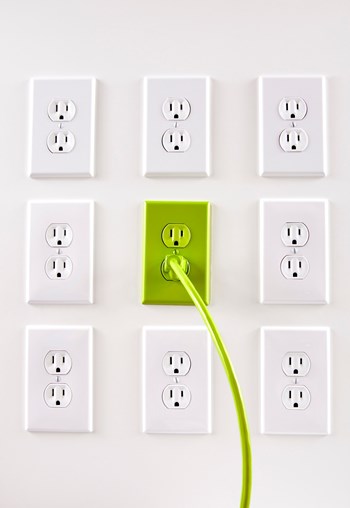
Co-op and condo owners and managers continue to face operations and maintenance issues that directly affect ownership costs and property marketability. Among these are: building modernization, equipment and building component repairs and replacement, controls utilization or lack of adequate controls, and, of course, wrestling with ever rising and ever volatile utility bills.
The answers to these questions and more reside in energy efficiency. And New York state has a number of agencies that provide funding to pay for these services. Energy efficiency consulting companies are being sought to provide solutions to chronic problems through a specialized engineering service that not only resolves the issues at hand, but also incorporates a holistic approach to the overall building operations. Unlike equipment vendors, these companies are paid á la carte for their services instead of burying the costs in an implementation project. This ensures unbiased advice, no commitment to install, and it opens up the ability to take advantage of state funds and other resources to help pay for the engineering services and implementation. Overall facility savings typically range between 15 and 20 percent. Making your property more energy-efficient means higher resale value, enhanced attractiveness for new tenants, fewer occupant complaints, and lower utility costs.
The first step is to develop a plan to prioritize the building’s needs. The plan is incorporated in a detailed energy study that:
• evaluates your current usage and rates
• provides specific operating and maintenance and/or capital improvement recommendations
• documents the financial impact of each opportunity (lifecycle, cash flow, simple payback, etc.)
• describes applicable government incentives, and
• provides a detailed implementation plan
Studies typically analyze:
• historical energy billing, rates and consumption
• utility metering
• common area lighting
• HVAC systems and controls
• indoor air quality (IAQ) issues
• water treatment (towers and boilers)
• building envelope (insulation, windows, etc.)
• building management systems
• domestic hot water systems
• laundry facilities, fitness centers, swimming pools
• alternative energy (e.g. combined heat and power (CHP)).
A recent study conducted for a particular condominium found twelve specific measures that saved the owners as much as 17 percent on their utility bill. Furthermore, several projects that were being considered prior to the study were deemed unattractive from an operational and financial perspective.
Among the more attractive (i.e. less than 3 year payback) energy saving costs savings were:
• Upgrading the common area lighting
• Installing lighting controls
• Installing new digital temperature controls in the health club and pool facilities
• Installing new cooling units
• Upgrading boiler controls, and
• Lowering the domestic hot water temperature settings.
In another project, a co-op needed to install new boilers and sought assistance for sizing and specifying the boilers from one of the New York State Energy Research and Development Authority’s (NYSERDA) ResTech providers. The goal was to reduce operating expenses through the reduction of energy consumption and maintenance costs, to increase the reliability of the heating system and comfort level of the occupants and to utilize funding opportunities provided through NYSERDA.
One can achieve measurable savings and at the same time minimize costs if they install a boiler that has a higher-specified combustion efficiency; is sealed combustion (instead of atmospheric; to reduce standby losses); is properly sized (to reduce standby losses); contains side wall venting (to eliminate stack expenses); and has multiple firing stages (to reduce standby losses). Also using indirect-fired domestic hot water will reduce redundant combustion equipment costs. Other good tips are adjusting the boiler controls; experimenting with the boiler to find the minimum supply water temperature set point; adding a priority zone to ensure rapid recovery; and ensuring that the boilers go to “off” during the summer if there is no call for using domestic hot water.
Upon implementation, NYSERDA will provide 100 percent funding for these two detailed studies. In other words, the services will be absolutely free. The value to these two associations will be $20,000 and $35,000, respectively. In addition, NYSERDA is offering further economic incentives for implementation including a low-interest loan fund that can often provide positive cashflow in the very first year.
Frank Lauricella is with The Daylight Savings Company, which provides engineering and consulting services on energy issues.



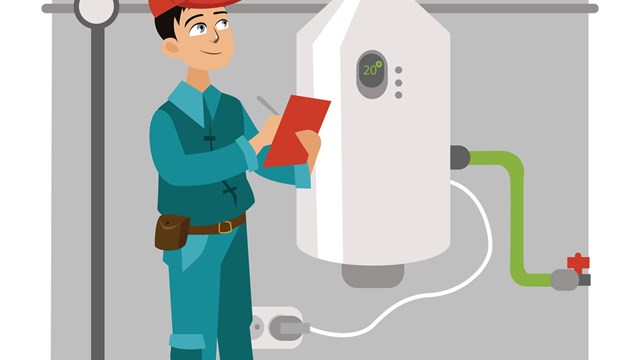

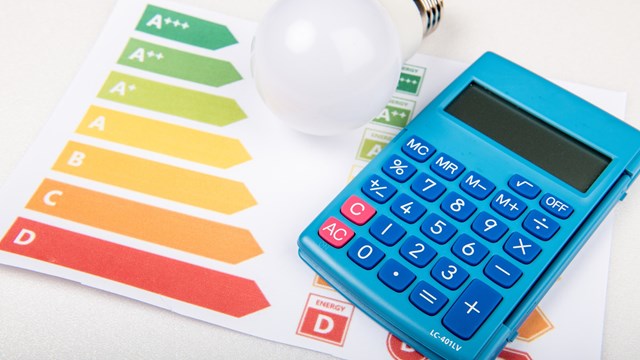
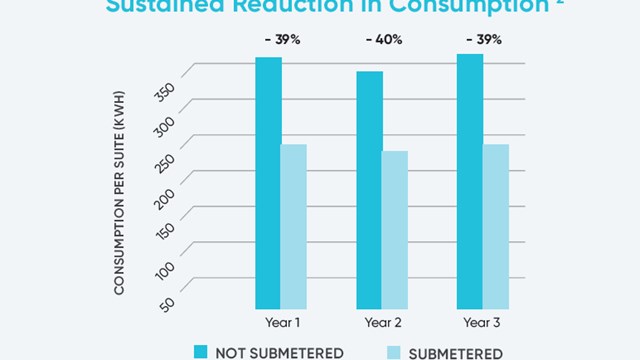

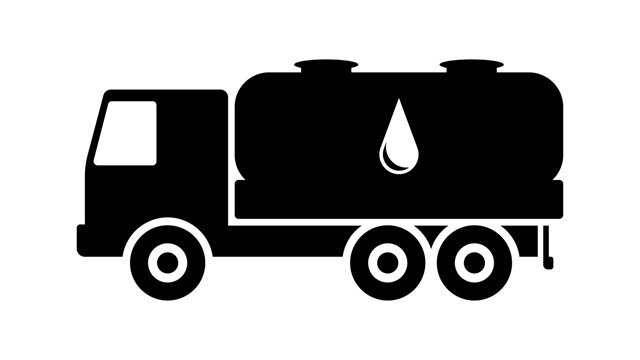
Leave a Comment